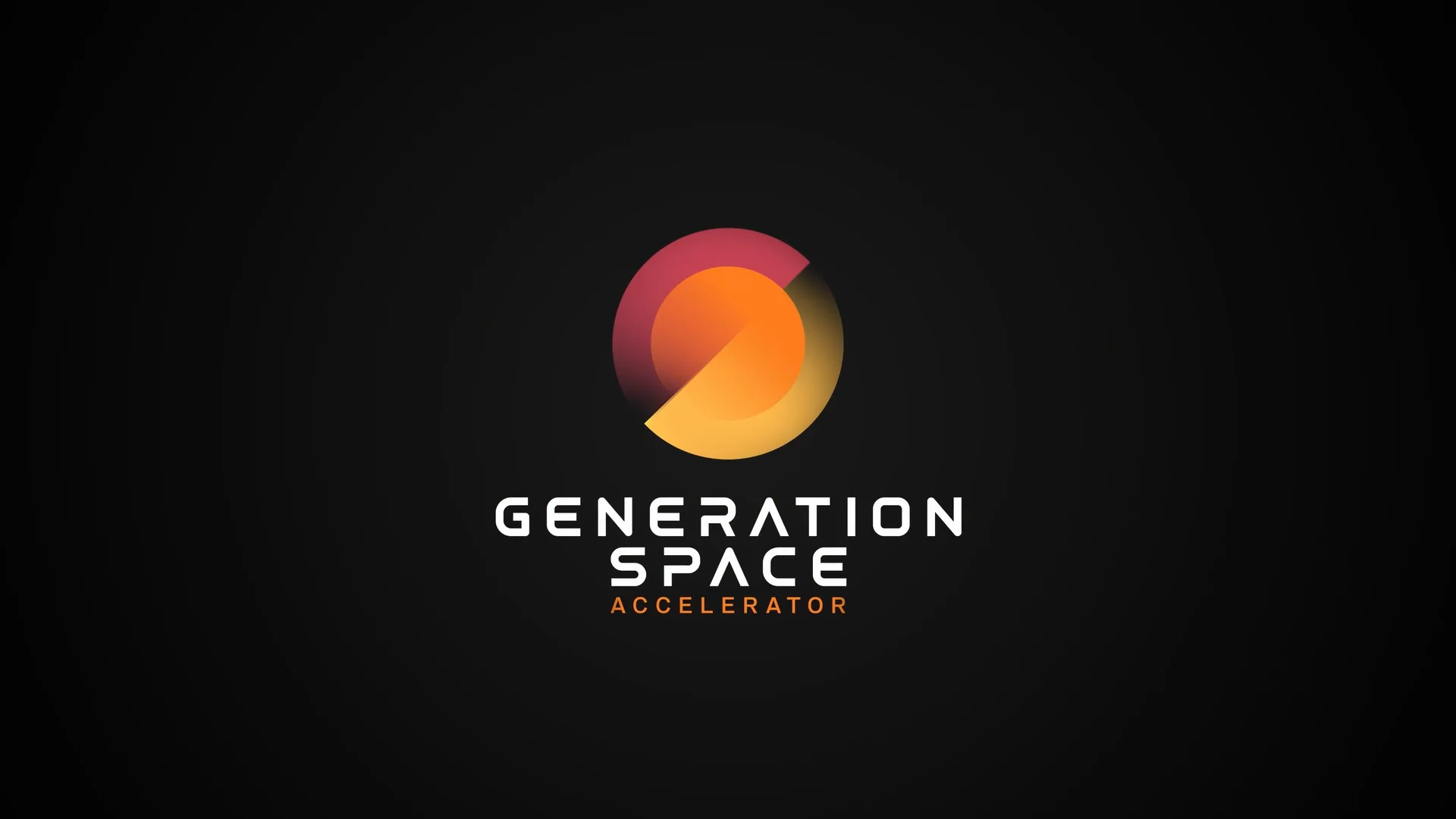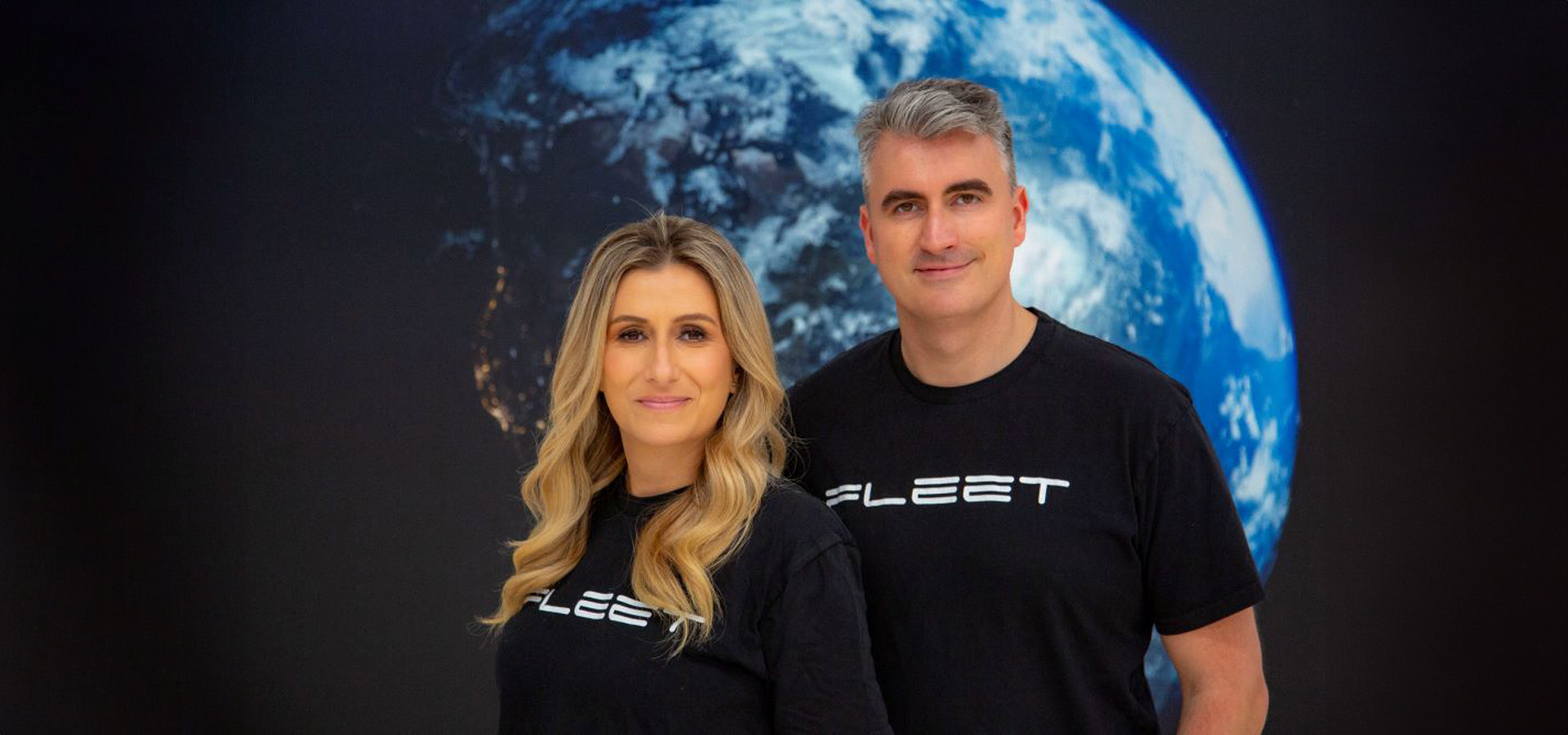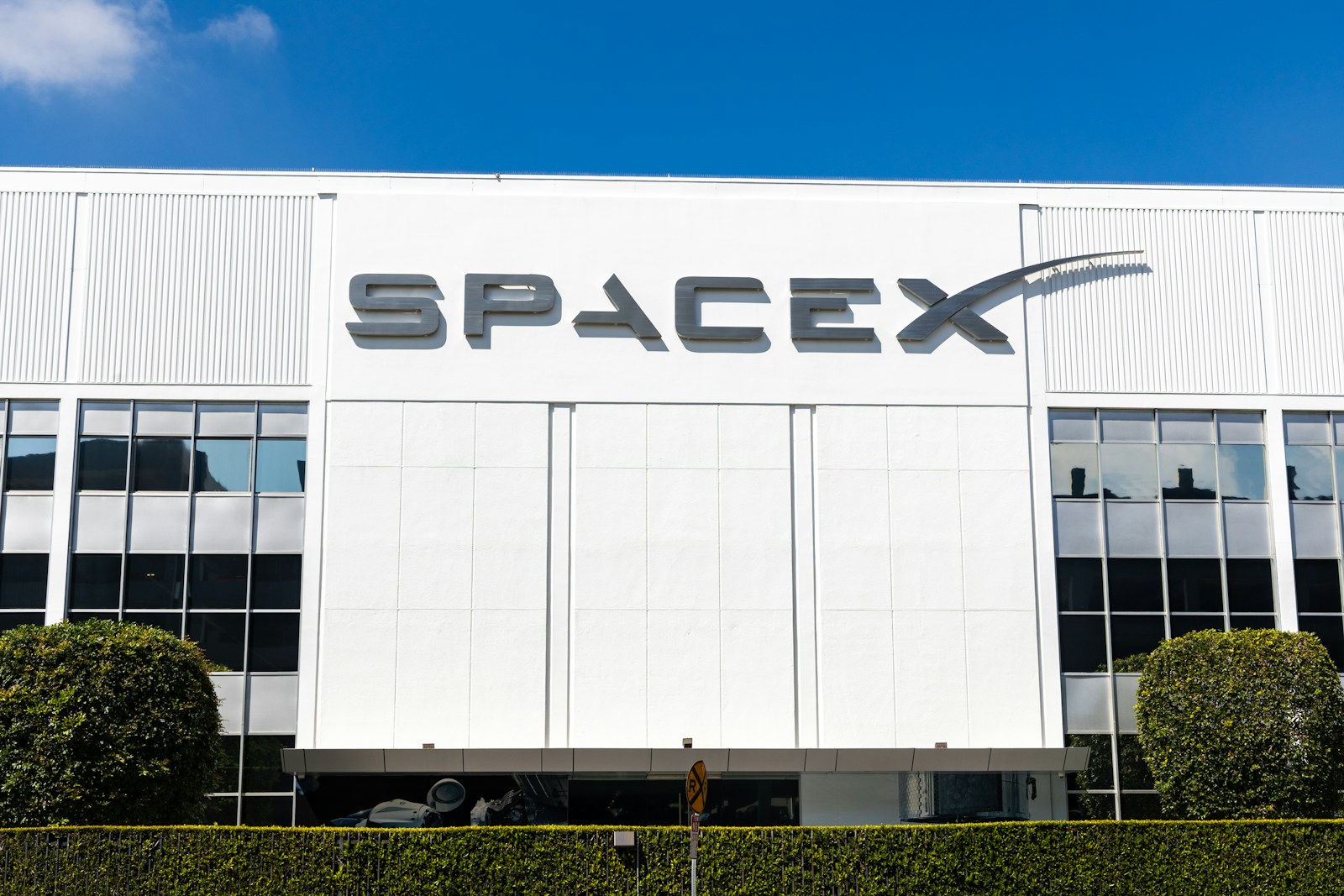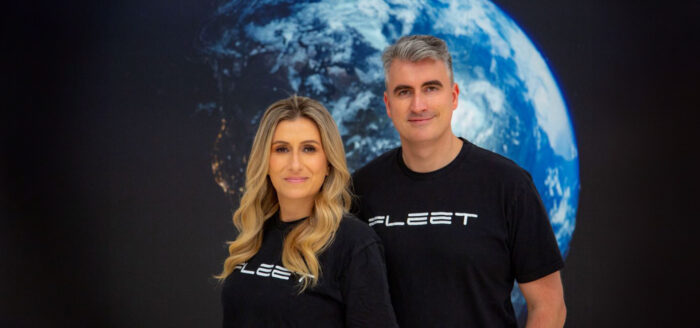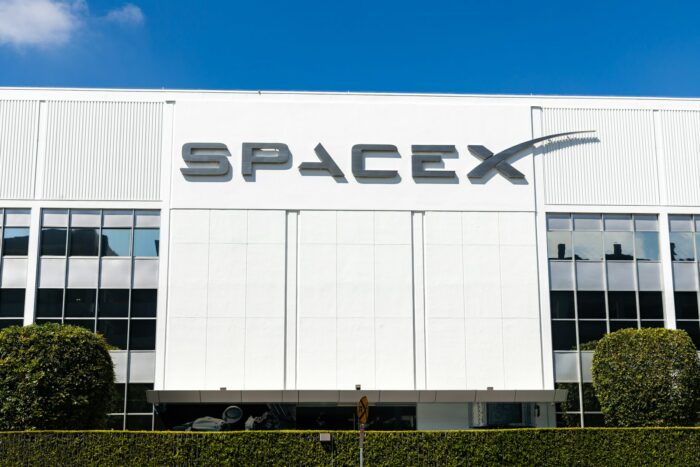Insider Brief
- Seraphim Space, known as Generation Space in the U.S., has revealed the lineup for its 14th accelerator cohort.
- Since 2018, Seraphim has supported 109 companies across 30 countries, helping them raise over $540 million in funding.
- The latest cohort features startups from seven countries, including newcomers from Saudi Arabia, Chile, and Turkey.
Seraphim Space, known as Generation Space in the U.S., has revealed the lineup for its 14th accelerator cohort. The program, which focuses on early-stage SpaceTech companies, continues to strengthen its presence globally. Since 2018, Seraphim has supported 109 companies across 30 countries, helping them raise over $540 million in funding. The accelerator remains a key player in driving growth in the space sector, which has shown resilience despite broader market challenges.
In Q2 2024, space-related startups secured $2.41 billion in investments, marking an upward trend that saw a total of $8.5 billion raised over the past year. The latest cohort features startups from seven countries, including newcomers from Saudi Arabia, Chile, and Turkey. These companies are focused on innovations in data analytics, Earth observation, and advanced manufacturing, aiming to push the boundaries of space technology to solve problems on Earth.
Mission 14 includes notable participants like Chile’s Acquora, which addresses sustainable water management, and Germany’s Flypix AI GmbH, offering satellite and drone imagery analysis. Other standout companies include Turkey’s SPACELIS, developing lightweight solar cells for space exploration, and ROVIAL SAS from France, pioneering AI-enabled robotics for orbital assembly and service.
Seraphim Space’s success is bolstered by collaborations with key industry partners, including the UK Space Agency, Thales, Telespazio, and ESA. These partnerships provide the startups with resources and guidance as they work to scale their technologies.
Alexander Holt, Managing Director of Seraphim Space, highlighted the growth of space investments in recent years. He noted that, despite challenges in other tech sectors, space-related ventures continue to attract significant funding. “This new cohort will bring world-changing ideas to inception, helping shape the future of the space economy,” Holt said.
This year’s accelerator cohort signals the continued importance of SpaceTech innovation, as it moves from niche research and development to broader applications that impact industries worldwide. From communications infrastructure to sustainable energy solutions, these companies are poised to make a lasting impact on both the space sector and life on Earth.
Image credit: Seraphim Space Accelerator
Share this article:

